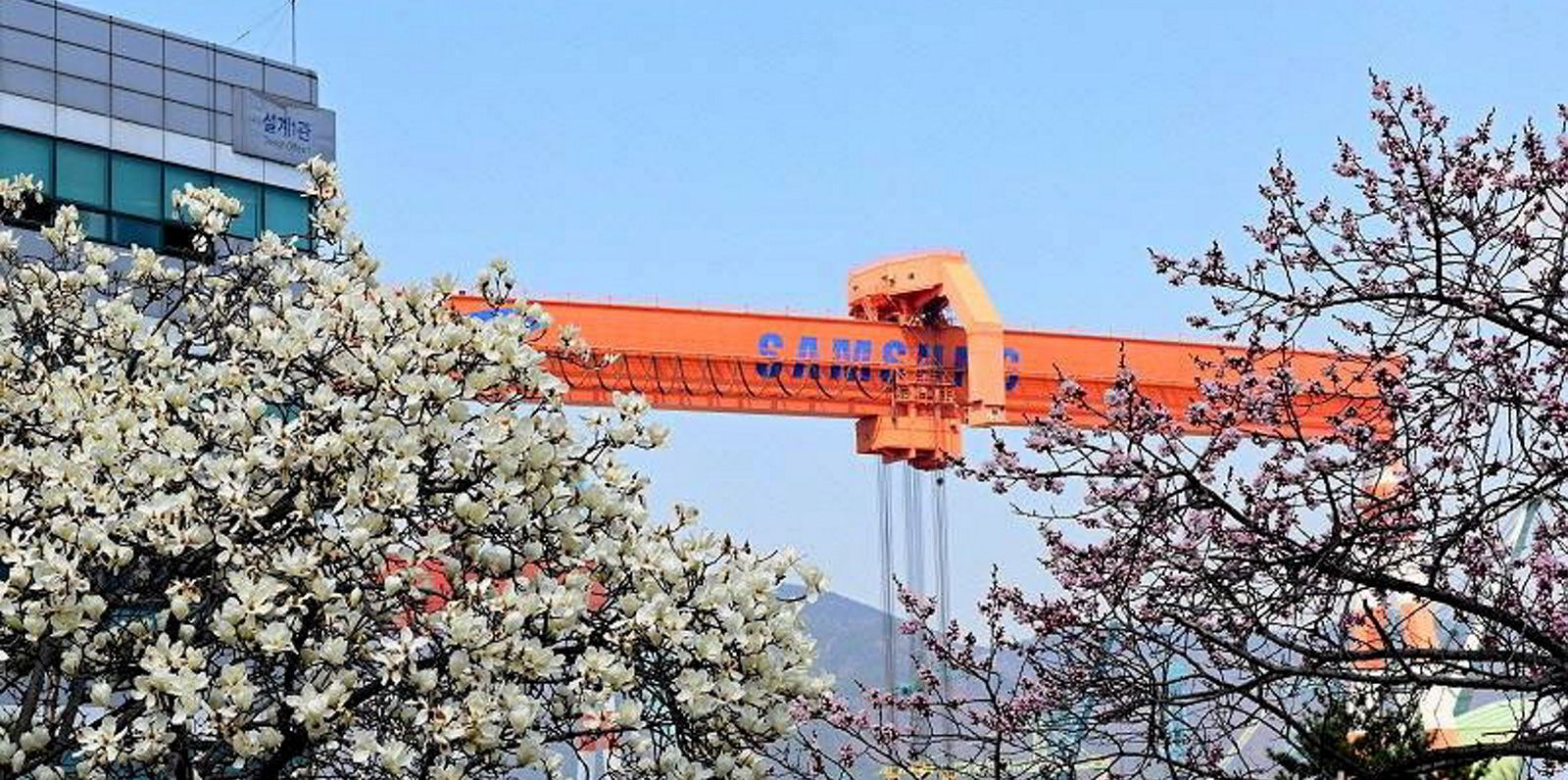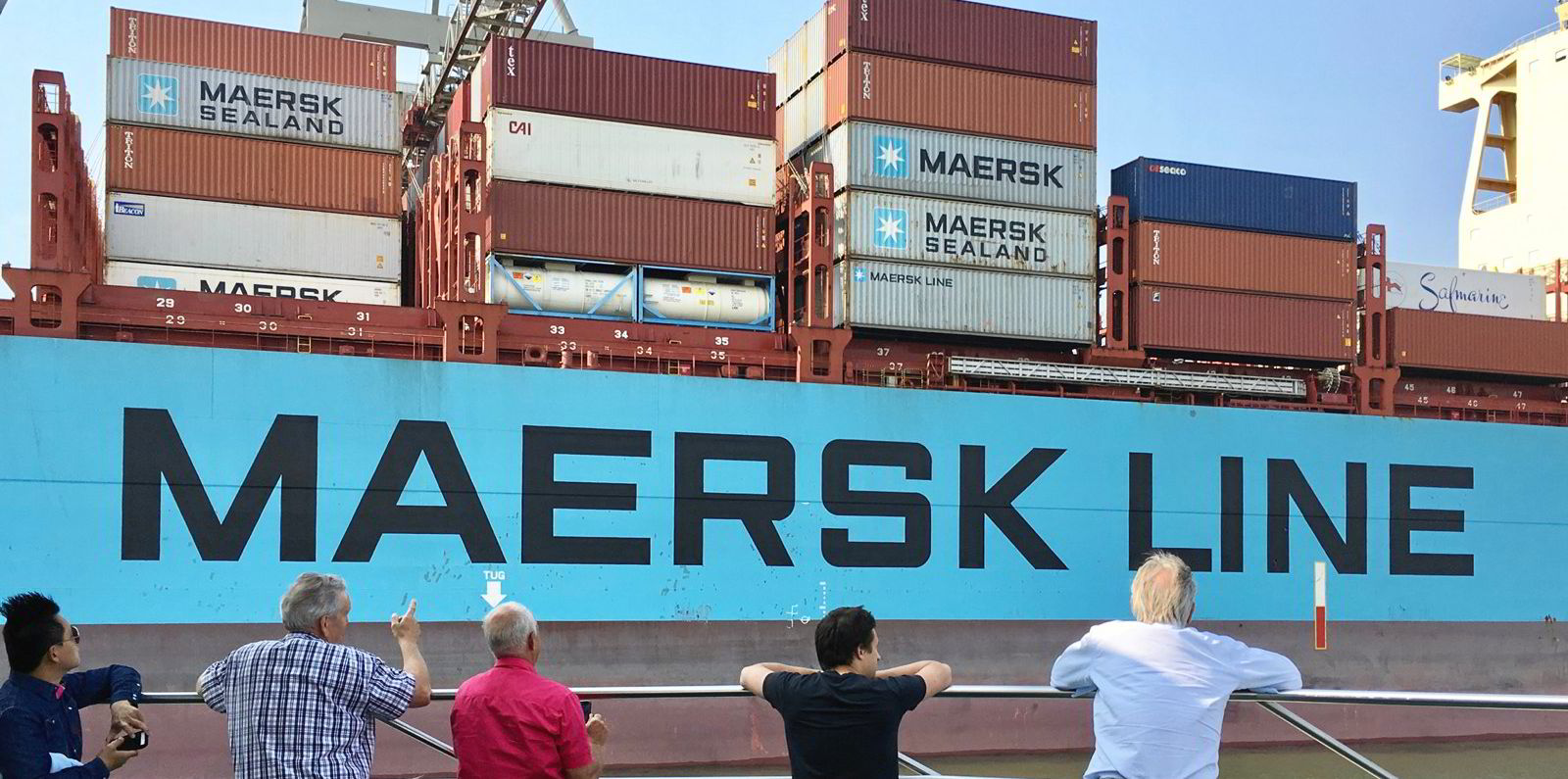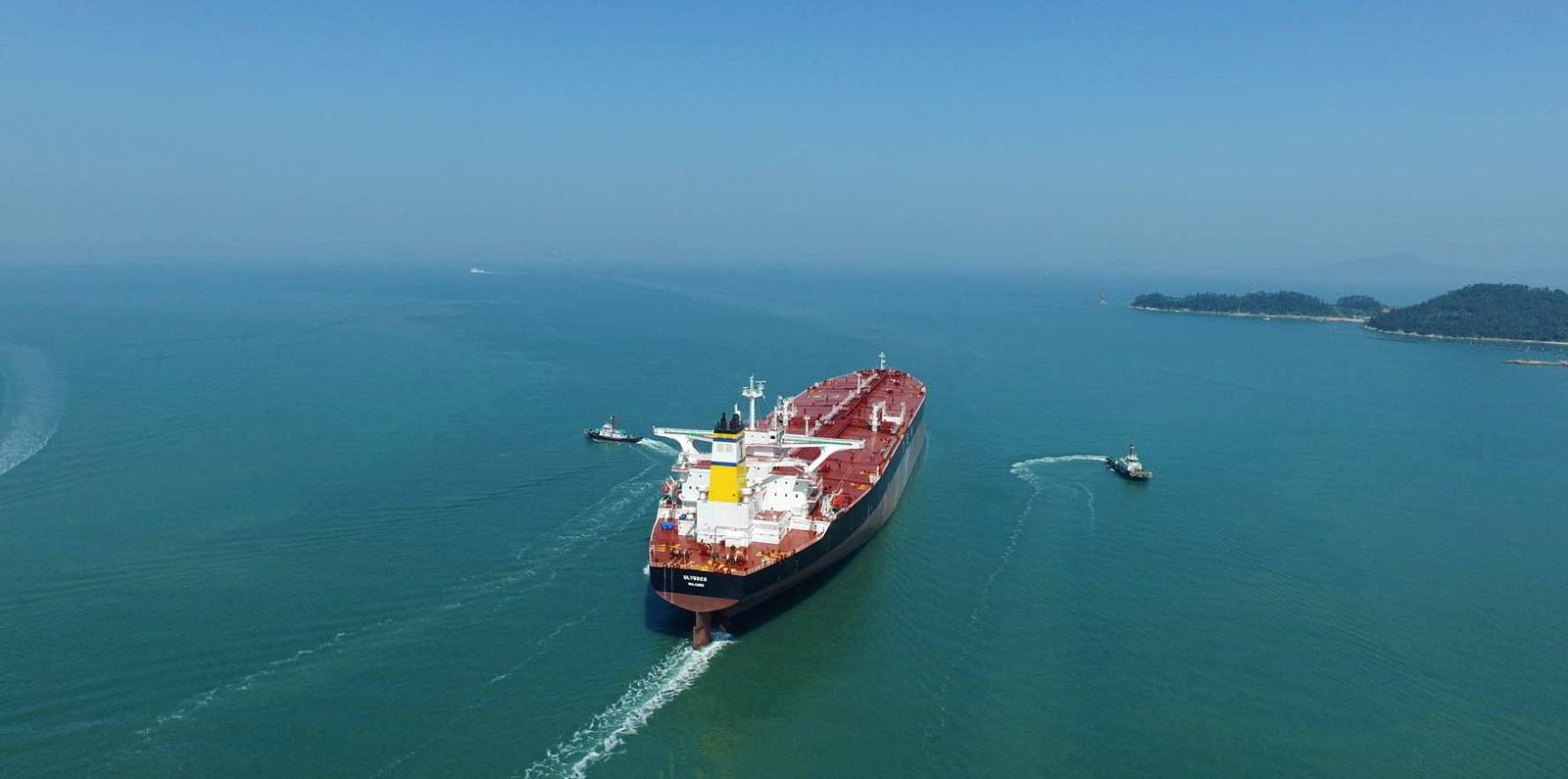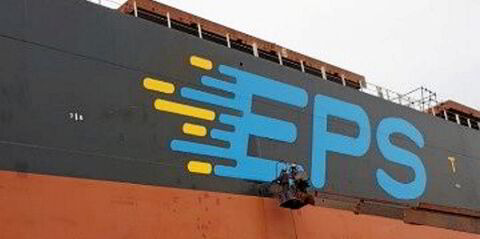South Korean shipbuilders have the largest alternative fuel-capable orderbook thanks to a surge in LNG carrier newbuildings, according to Clarksons.
At the start of June, there were 917 such vessels of 68.1m gt and 42.2m cgt on order, representing 40% of gt and 43% of cgt, respectively.
Alternative fuel-capable vessels accounted for 62% of orders so far in 2022 in cgt terms — a record share — according to Clarksons, as the fuelling transition gains momentum.
South Korean yards have 386 units of 23.5m cgt contracted, followed by Chinese yards with 315 vessels of 11m cgt booked and European yards with 119 ships of 5.9m cgt.
“Much of the variation across builder countries is due to LNG carrier orders, which account for 44% of alternative fuel-capable cgt on order, being concentrated at South Korean yards,” Clarksons said.
Outside the LNG carrier sector, the alternative fuel-capable orderbook is spread more evenly between builder countries.
South Korean yards have 211 non-LNG carrier units of 8.8m cgt on order, with 112 container ships of 1.4m teu and 5.7m cgt, accounting for 65% of this total in cgt.
The South Korean orderbook also includes 55 LPG or ethane-capable LPG carriers of 4.3m cbm and 1.5m cgt, and 33 tankers of 6.9m dwt and 1.2m cgt.
Meanwhile, Clarksons said that Chinese yards have 271 non-LNG carrier alternative fuel-capable vessels of 7.8m cgt on order, with container ships representing the largest share.
They number 57 vessels of 600,000 teu and 2.6m cgt, or 33% of the non-LNG carrier alternative fuel-capable cgt contracted at Chinese yards.
Fifty car carriers of 400,000 ceu and 1.7m cgt and 43 bulkers of 7.6m dwt and 1.3m cgt account for a further 22% and 16% of cgt on order, respectively, the broker said.
In Europe, shipyards have 108 non-LNG carrier alternative fuel-capable vessels of 5m cgt on order, with 30 cruise ships of around 95,000 berths and 3.7m cgt representing 74% of the total.
In contrast, the alternative fuel-capable orderbook at Japanese yards appears relatively limited, with just 45 units of 1.1m cgt currently on order, including 13 car carriers of 91,000 ceu and 400,000 cgt.
Clarksons said this reflects more limited recent ordering at Japanese yards and lower alternative fuel uptake in the bulker sector, which accounts for 56% of total cgt booked in Japan.





